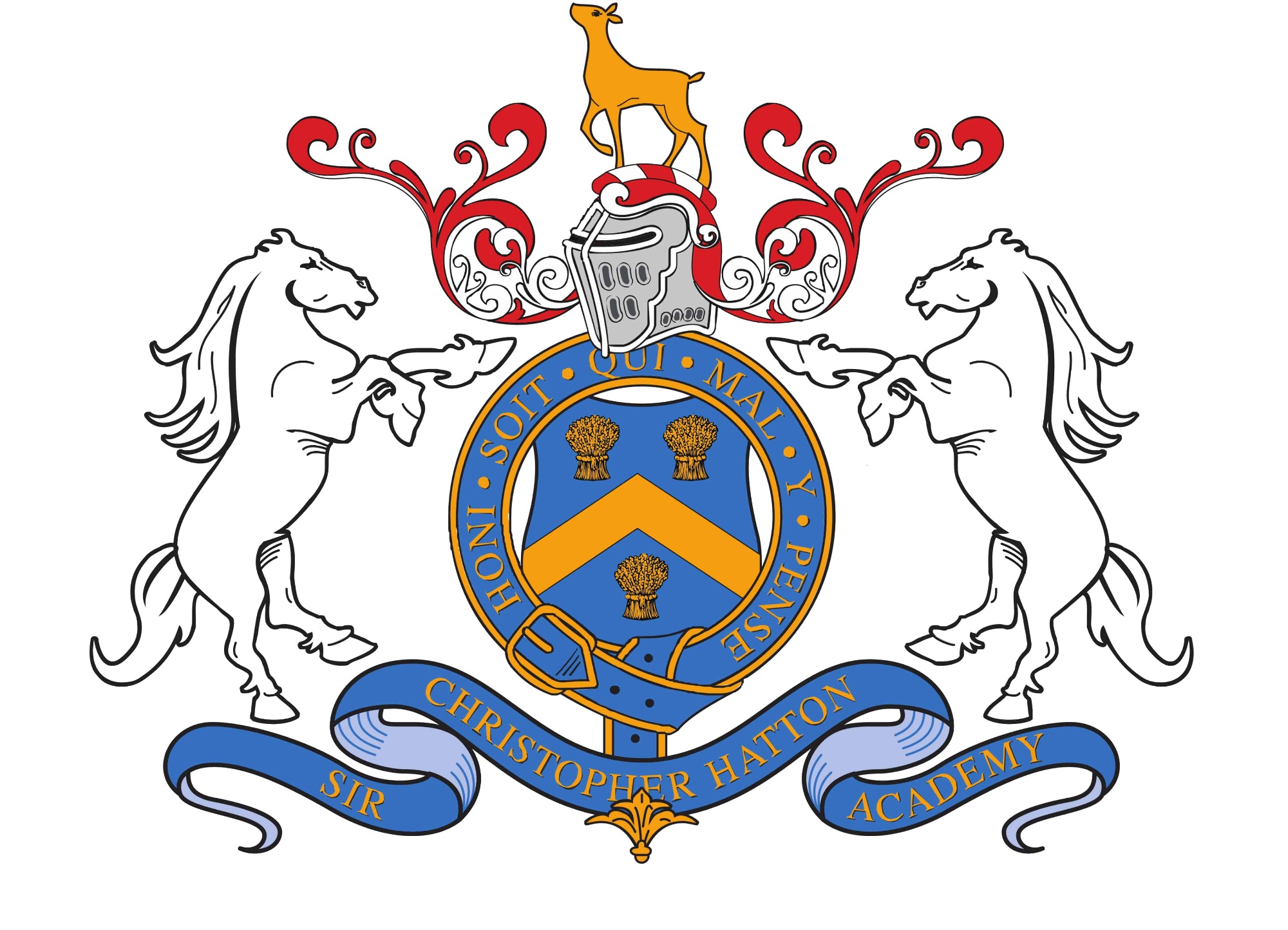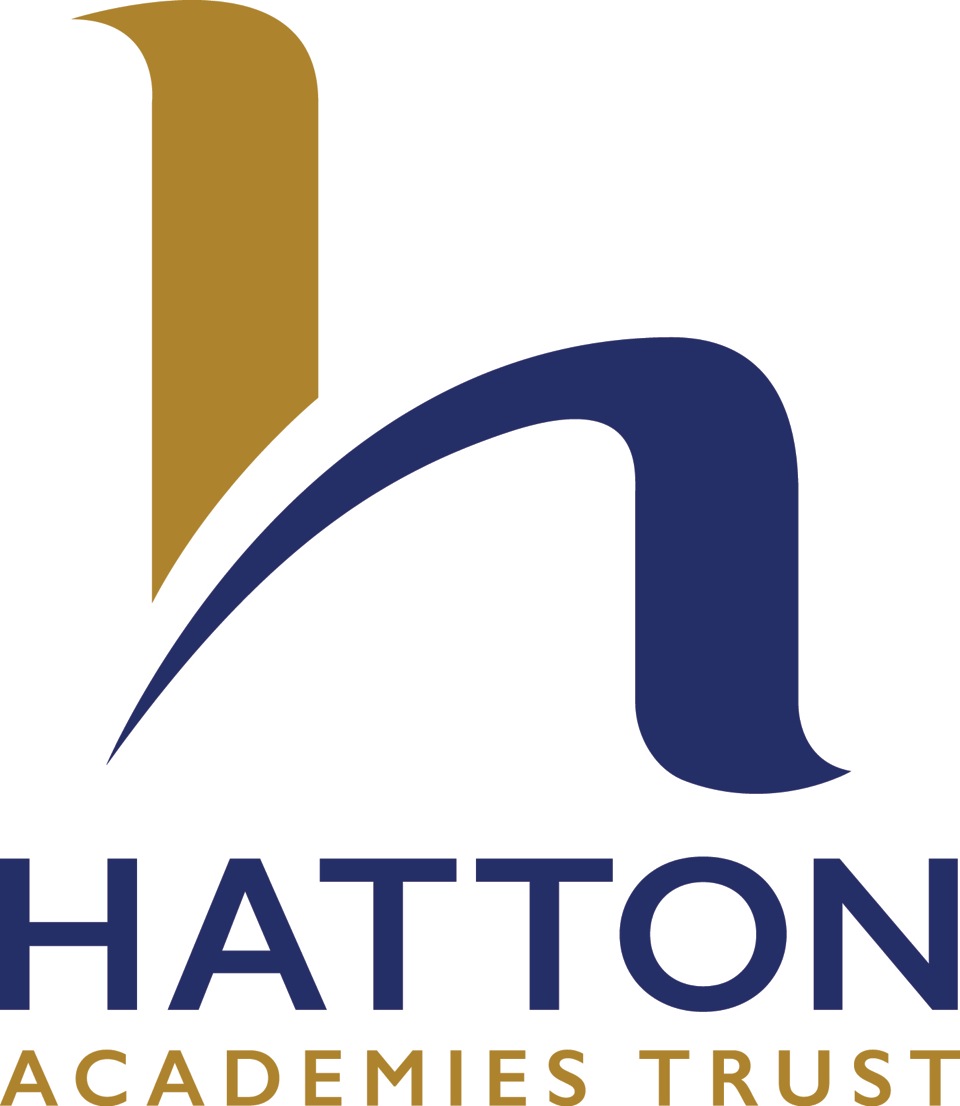Lifeskills & Citizenship
Curriculum Leader: Mrs L Pringle (KS3 and KS4), Miss J Coe and Mr J Green (KS5)
Email: pringlel@hattonacademy.org.uk
The Lifeskills (PSHE) and Citizenship Curriculum is an integrated programme which gives students many of the skills, strategies and knowledge to prepare them for life in modern democratic Britain and beyond. Relationships and Sex Education (RSE), along with Health Education, now forms part of the National Curriculum as of September 2020 and our policy can be found here. There are key threads that run through all elements of the programmes to ensure a regular focus on aspects of British Values, anti-bullying work; online-safety; mental health and well-being and careers preparation for the wider world.
Key Stage 3
In Year 7 students follow a Citizenship and Personal, Social and Health Education Programme (Lifeskills) which covers the following areas: transition from Key Stage 2 to Key Stage 3; family, friends, feelings and relationships. They also cover topics on puberty, bodily changes, healthy eating and wellbeing. They study skills for the wider world including online safety and enterprise and Citizenship in the form of government and politics. Students will learn about the development of the political system of democratic government in the United Kingdom, including the roles of citizens, Parliament and the Monarch, the operation of parliament, including voting and elections and the precious liberties enjoyed by the citizens of the United Kingdom.
During the course of Year 8 students follow a Citizenship and Personal, Social and Health Education Programme (Lifeskills) which covers the following topics:, emotional wellbeing and body image, drugs and alcohol, and discrimination. They study skills for the wider world including online safety and financial decision-making and Citizenship covers human rights.
During the course of Year 9 students follow a Citizenship and Personal, Social and Health Education Programme which covers the following areas: Health and wellbeing, including influences; healthy lifestyles and respectful relationships and intimate relationships including consent and contraception. In Citizenship we cover personal finance and decision-making. Students will also have the opportunity to complete a virtual work experience project that contributes towards their HBacc assessments.
Key Stage 4
During the course of Year 10 Students follow a Personal, Social and Health Education Programme which covers the following areas: Health and wellbeing; exploring influence; extremism and radicalisation, communication in relationships, (including Relationships and Sex Education) and skills for the wider world including next steps and finance.
During the course of Year 11 Students follow a Citizenship and Personal, Social and Health Education Programme which will cover the following areas: Careers and work related learning to support with their next steps; health and wellbeing including revision strategies and support; family relationships and healthy relationships including the impact of media and pornography. In Citizenship they cover government and politics plus human rights.
Key Stage 5
In Year 12 and 13 a programme of Citizenship and Personal, Social and Health Education takes place which is tailored to meet the various needs of the students as they move towards Higher Education or employment with training. This also includes aspects of preparing for independent living; a range of external speakers delivering input on topics such as driver safety; Citizenship units. Students are prepared for University, Apprenticeships and other career opportunities. There is a focus on mental and physical wellbeing and preparing them for life in 'Modern Democratic Britain'. Students also work towards completing specific tasks as part of their personal development log to ensure that when they leave us our students are well-rounded and respectful individuals who are ready for the wider world and the work place.
Form Time and Lifeskills
Weekly Plan 2023/24
We follow a week A and B Rotation to ensure that all year groups have centralised bi-weekly assembly.

Lifeskills Topics by Term


